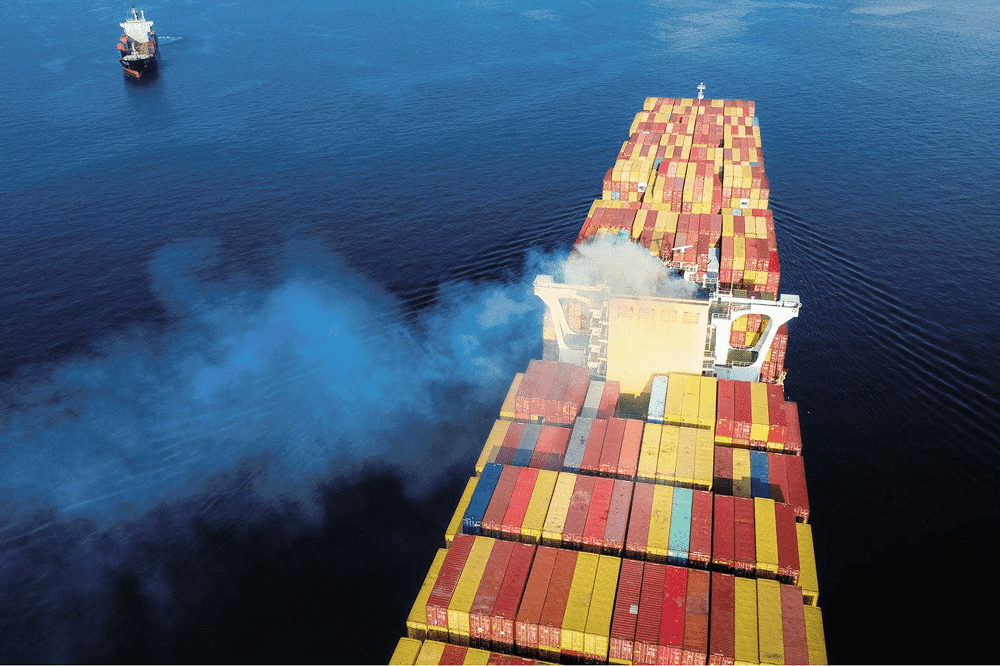Cargo Vessel Baltic Wind Runs Aground in Isefjord, No Pollution Reported
The cargo vessel Baltic Wind ran aground in Denmark’s Isefjord after leaving the navigation channel. No injuries or pollution were reported, and salvage planning is underway.

The United States has threatened to wield visa restrictions, sanctions, and port access denial against UN member states that vote in favor of the International Maritime Organization’s proposed Net-Zero Framework, according to Reuters.
In a joint statement, U.S. Secretary of State Marco Rubio, Energy Secretary Chris Wright, and Transportation Secretary Sean Duffy condemned the proposal as a burdensome “global tax regime” that would unfairly affect U.S. citizens, shipping companies, energy providers, and consumers. They emphasized that the administration “unequivocally rejects this proposal” and would retaliate against nations supporting it.
According to Lloyd’s List, the European Union has reaffirmed its support for the IMO’s Net-Zero Framework despite U.S. threats of retaliation. Brussels has made clear that the proposal aligns with its broader maritime climate agenda and intends to continue backing its implementation. EU officials have also indicated plans to integrate future IMO measures with regional emissions schemes, underscoring Europe’s commitment to maintaining a unified global approach to decarbonizing shipping.
The Net-Zero proposal, scheduled for a vote at next week’s IMO session, seeks to impose a regulatory structure on greenhouse gas emissions from international shipping. The sector is estimated to contribute roughly 3 percent of global CO₂ emissions while carrying about 80 percent of world trade.
Many large container carriers have expressed support for the framework, viewing coordinated global regulation as essential to avoiding a fractured patchwork of national rules. However, some major oil tanker companies have voiced “grave concerns” over its potential impact.
The U.S. retaliation options unveiled include:
The U.S. officials argued the framework would increase costs dramatically and impose unfair burdens, essentially treating global shipping as a revenue source rather than a logistical sector.